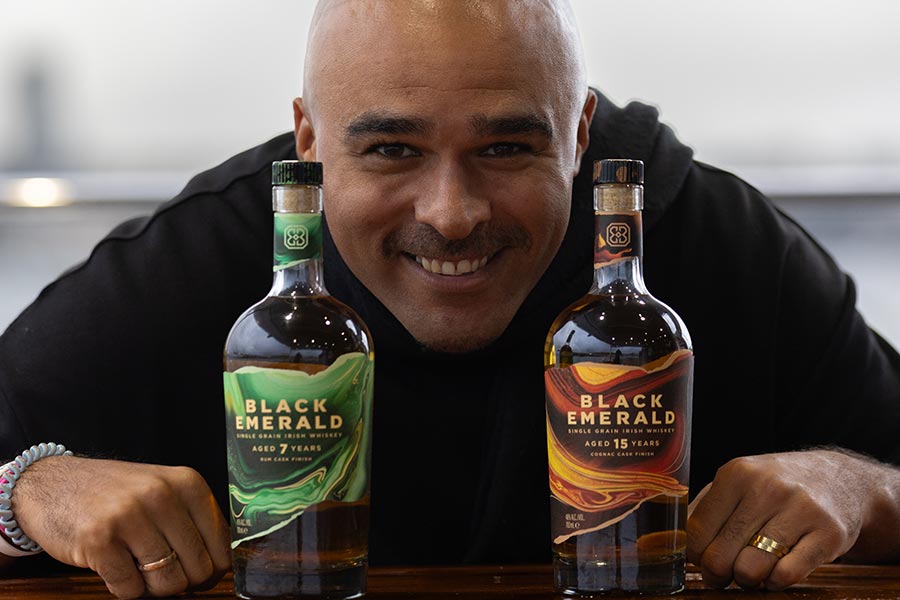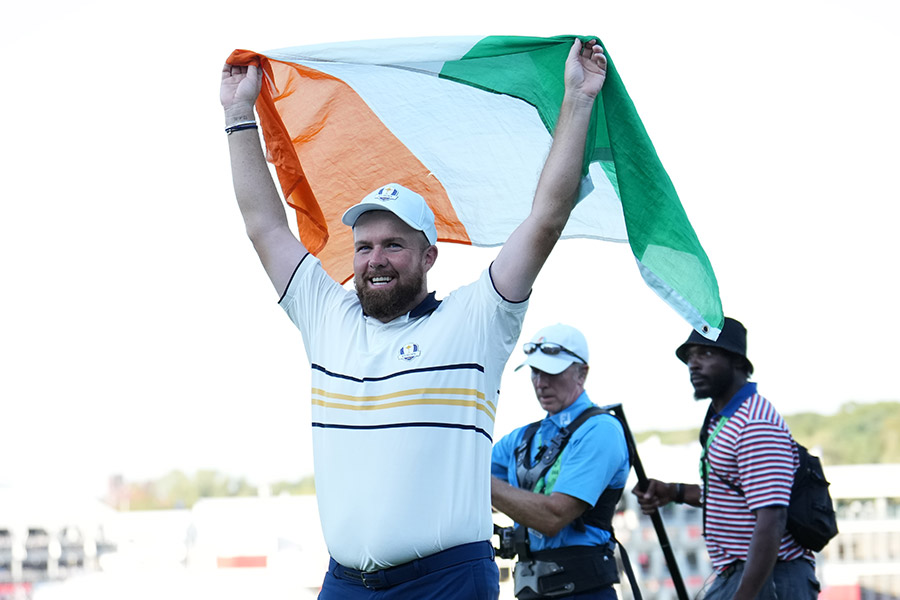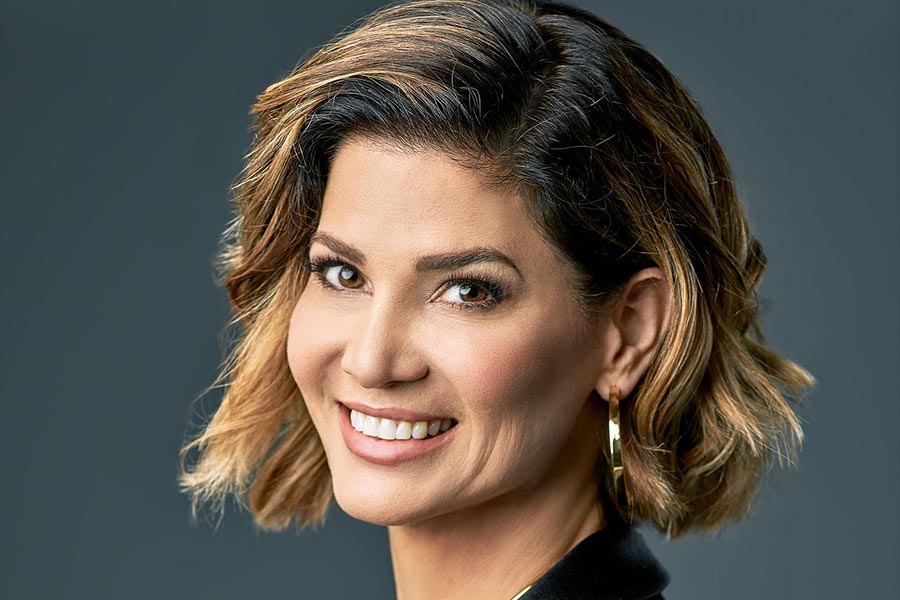March is the time when Irish racing fans go misty-eyed on the enduring appeal of the Cheltenham Festival, writes Rob Hartnett.
The theatre in which Arkle laid his claim to the greatest of them all has a magnetic attraction for the best of our horses and the most intrepid of our racing fans.
From Tuesday to Friday in the middle of March it becomes the only thing that matters for some, whether at the course or watching from home.
In 1989, there was not a single Irish winner, but with the rise of the Celtic tiger and the inherent strength of the Irish racing and breeding industry, that number began to rise again.
In 2021, Irish-trained horses brought home 24 of the 29 races. In the four years since, including in 2025, the number has settled at 18.
It is still a dominant position playing away from home. This year, the draw was even brighter with Galopin Des Champs, trained by Willie Mullins in County Carlow, heading to the Gold Cup bidding for a third consecutive win in the greatest jumping prize of them all.
The last Irish-trained horse to do it was Arkle himself in 1966. It proved beyond him, but perhaps his conqueror, Inothewayyourethinking, could be the one in the next two years.
An estimated 60,000 travel for at least one day of the festival. When the English Jockey Club did an economic assessment a decade ago, it landed on a figure of a €21m spend by attendees at the festival.
They go to see the horses, but also the humans behind them.
Jockeys Paul Townend and especially Rachael Blackmore have crossed from the racing pages to the front page and are sporting superstars in every sense.
The fun of the festival, and the chance of cheering a winner, is backed up by a strong industry back at home.
Year-on-year increases in the key metrics of attendances, commercial sponsorship and on-course betting point to another robust 12 months for the horse racing and breeding industry in Ireland.
Full year statistics for 2024, released last month by Horse Racing Ireland, also show marginal increases in the areas of prize money, racehorse ownership, the owner retention rate and the numbers of horses in training.
Total sponsorship in the sport hit €9.7m in 2024, with €6.8m coming from commercial partners and €2.9m coming from industry sponsorship through the European Breeders Fund.
The commercial sponsorship income climbed 7.9% from €6.2m in 2023.
This includes sponsorship from Dubai Duty Free and the Bahrain Turf Club, who sponsor two of the most highly prized races in Europe, run at the Curragh and Leopardstown.
It also includes Savills and Paddy Power at the Leopardstown Christmas and Dublin Racing Festivals, Boylesports at the Irish Grand National and a myriad of other backers keen to be involved at the Galway, Punchestown, Listowel and Other Festivals across the year.
More than 1.2m people crossed the threshold to go racing here in 2024, a small increase on the previous year.
Prize money in 2024 was up 2.6% to €69.9m, and the figure for 2025 will rise by a further €1m.
Irish horses continued to perform well when campaigned overseas, and the prize money won by Irish-trained horses in Britain rose by over 16% to Stg£19.4m, with a total of €9.2m won by our horses in the rest of the world.
Total on-course betting, including Tote, rose to €84.1m, an increase of 4.5%.
Bookmaker betting on-course rose by 5.6% to €73.7m, while €197.8m was spent buying horses at sales houses such as Goffs and Tattersalls, attracting buyers from around the world.
The total number of active owners, including those who dream of Cheltenham, billionaires, bricklayers and dreamers, has risen by 0.9% to 4,741, with the number of syndicates up by 6.7% and new owners up 4.1%.
There is also a marginal rise in the total number of horses-in-training, which grew 0.4% to 10,488.
There is significant state investment in the Horse Racing Industry, based around income from betting duties, but not directly linked to that.
In the most recent budget, the figure assigned to Horse Racing was €79.8m, a figure which other sports can sometimes resent, but which supports 10,000 jobs.

A Deloitte report in 2023 demonstrated a 35-fold return to the economy on the annual government investment.
The target in the latest strategic plan for the industry is to grow this return year on year and by the end of 2028 to have increased the industry’s economic reach to €3bn from the current €2.46bn.
This is serious business as well as serious sport.
The foundations are being continually laid for those champions’ successors to have an equal chance at dominating the sport in a way that most countries could only dream of.
Rob Hartnett is the founder of Sport for Business, a publishing, events and networking business
Photo: JJ Slevin on Intense Raffles winning The BoyleSports Irish Grand National Steeplechase. ©INPHO/Morgan Treacy











